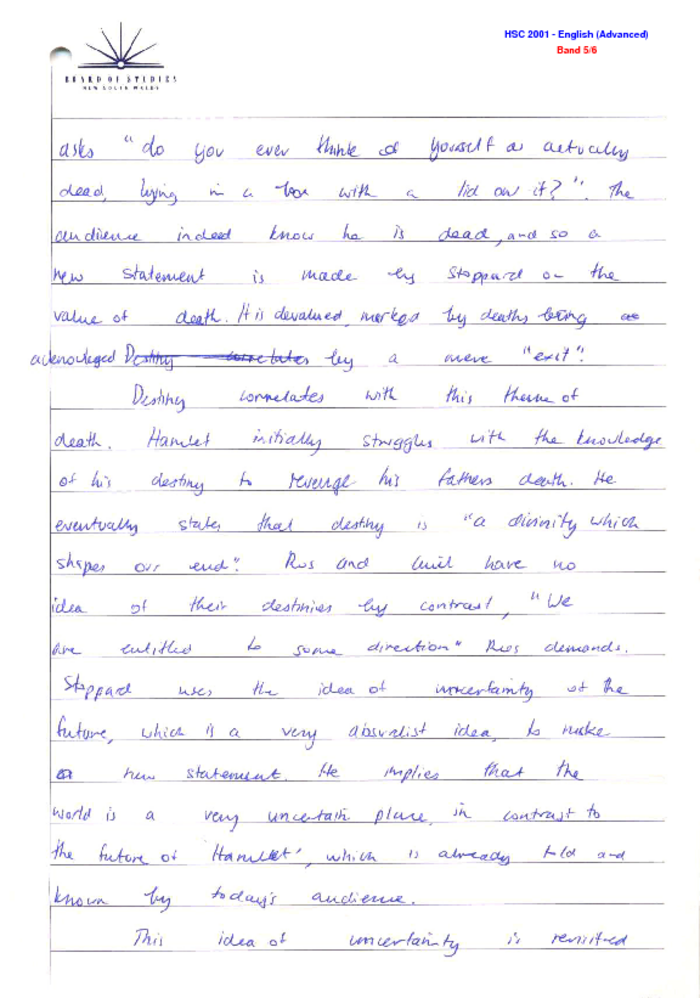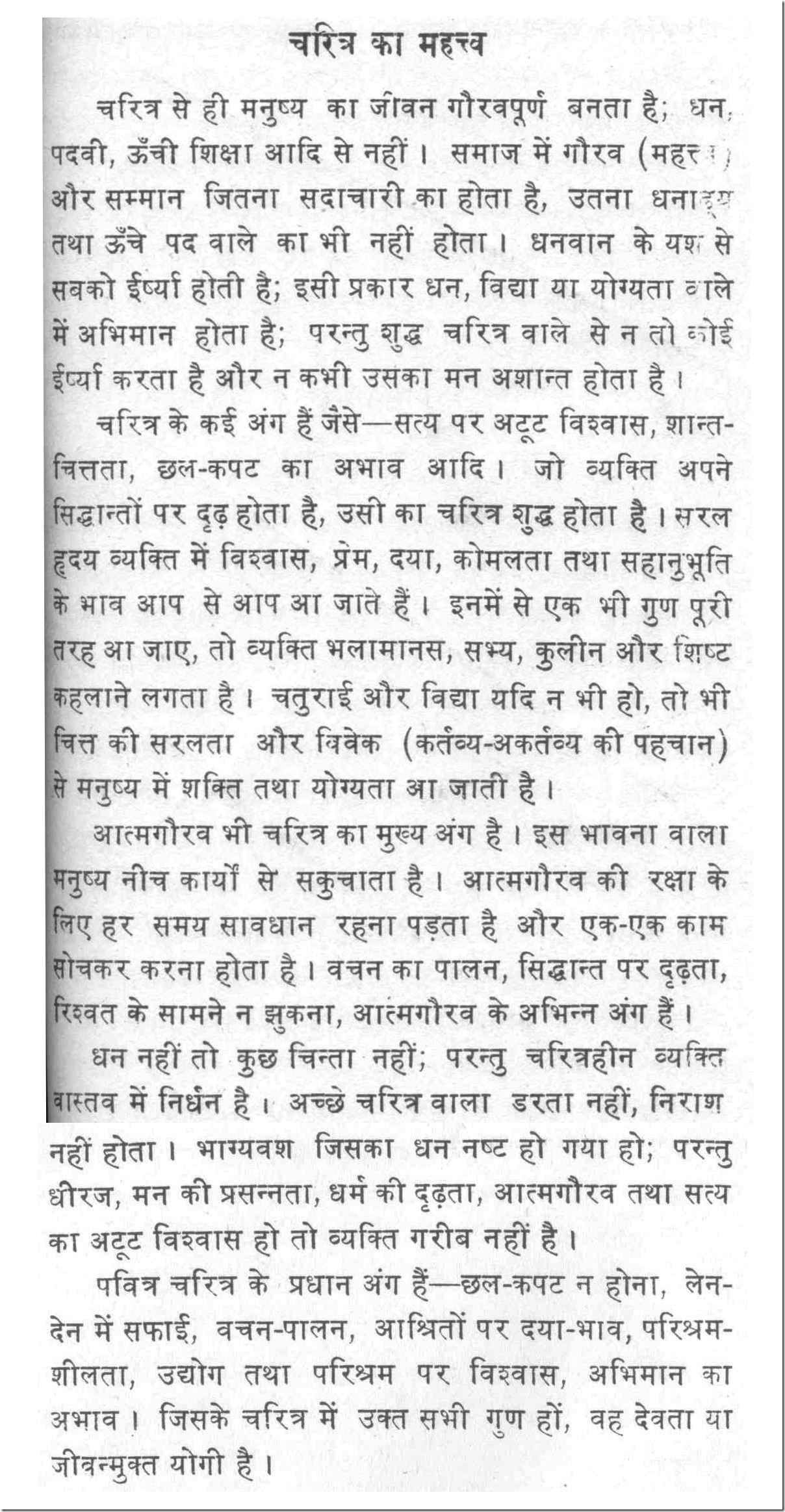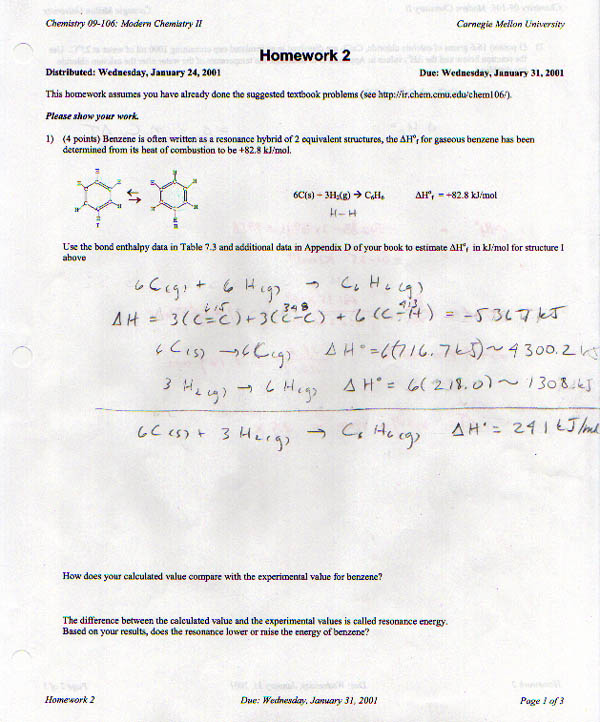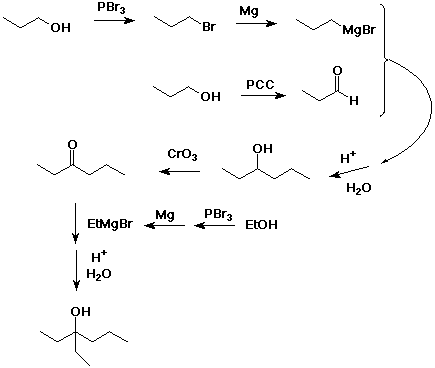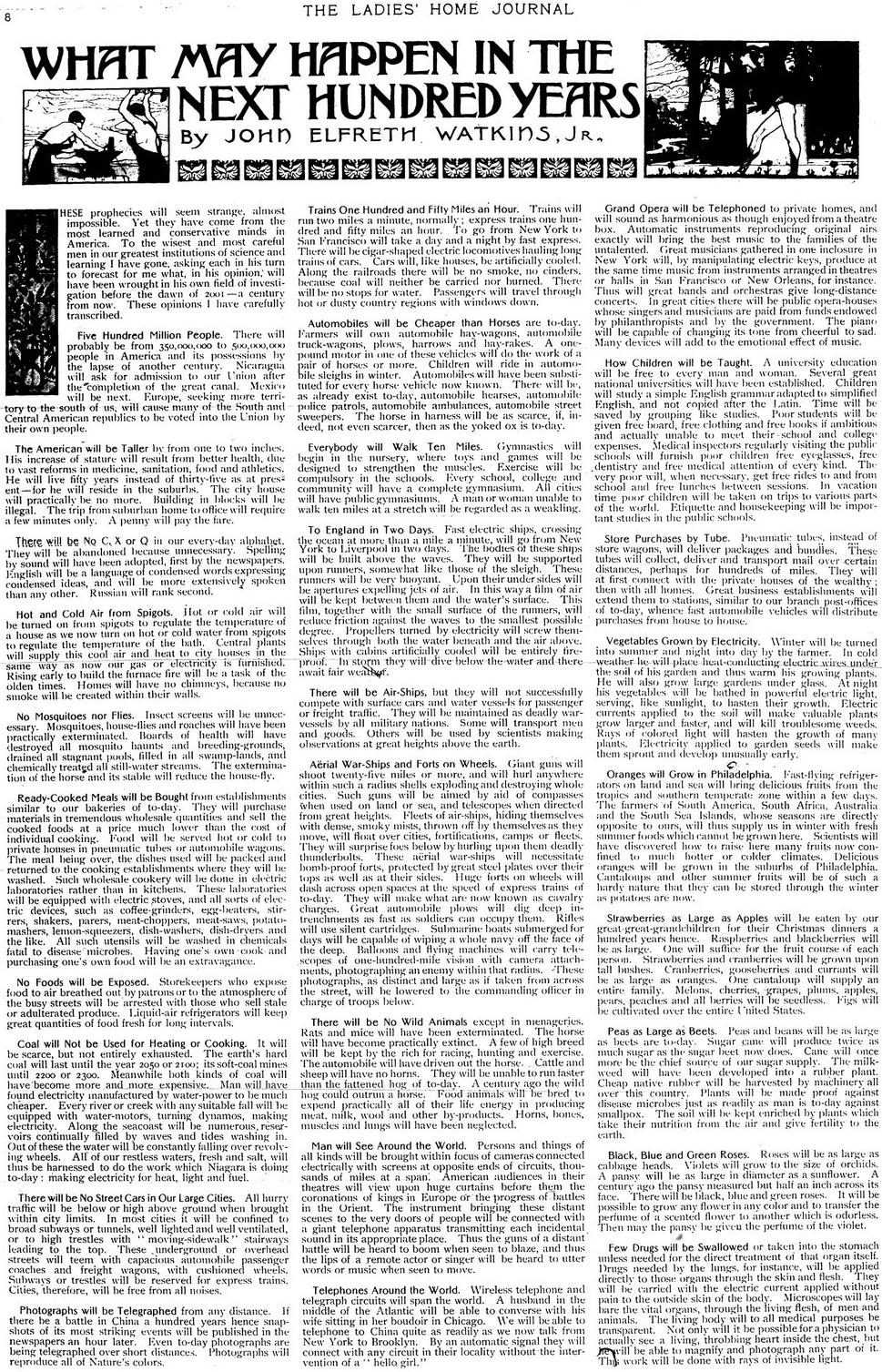The Market for Lemons - Term Paper.
Lemons Problem: The lemons problem refers to issues that arise due to asymmetric information possessed by the buyer and the seller of an investment or product, regarding its value. The lemons.The Market for “Lemons”: Quality Uncertainty and the Market Mechanism by George A. Akerlof was published by the Oxford University Press in The Quarterly Journal of Economics in 1970. It discusses information asymmetry, which occurs when the seller knows more about a product than the buyer. Akerlof explains the problem of quality uncertainty.The Market for Lemons sample essay. The Market for “Lemons”: Quality Uncertainty and the Market Mechanism discusses the problems and effects of asymmetric information within a market. Asymmetric information occurs when a seller knows more about the product than the buyer. When the seller withholds important information from the buyer, such.
If you have studied economics at the university level in the last 35 years it is likely you were introduced to the concept of “asymmetrical information” and George Akerlof’s famous 1970.One of the key factors to cause a market to fail is a lack of information. George Akerlof was awarded the Nobel Prize in economics for his work on the second hand car market. He observed how asymmetrical information between buyers and sellers affected the market price of second hand cars and with that the number of sales made.

Market for Lemons George Akerlofs 1970 essay is the most important study in the from ACTG 4P11 at Brock University.

